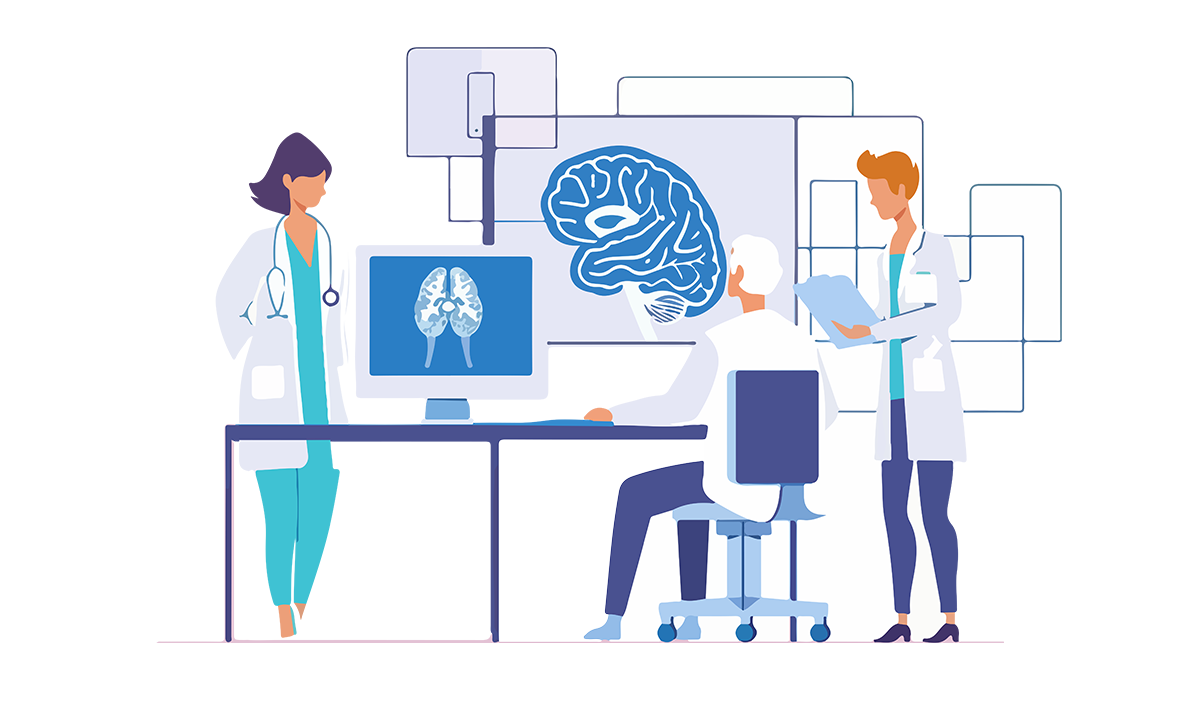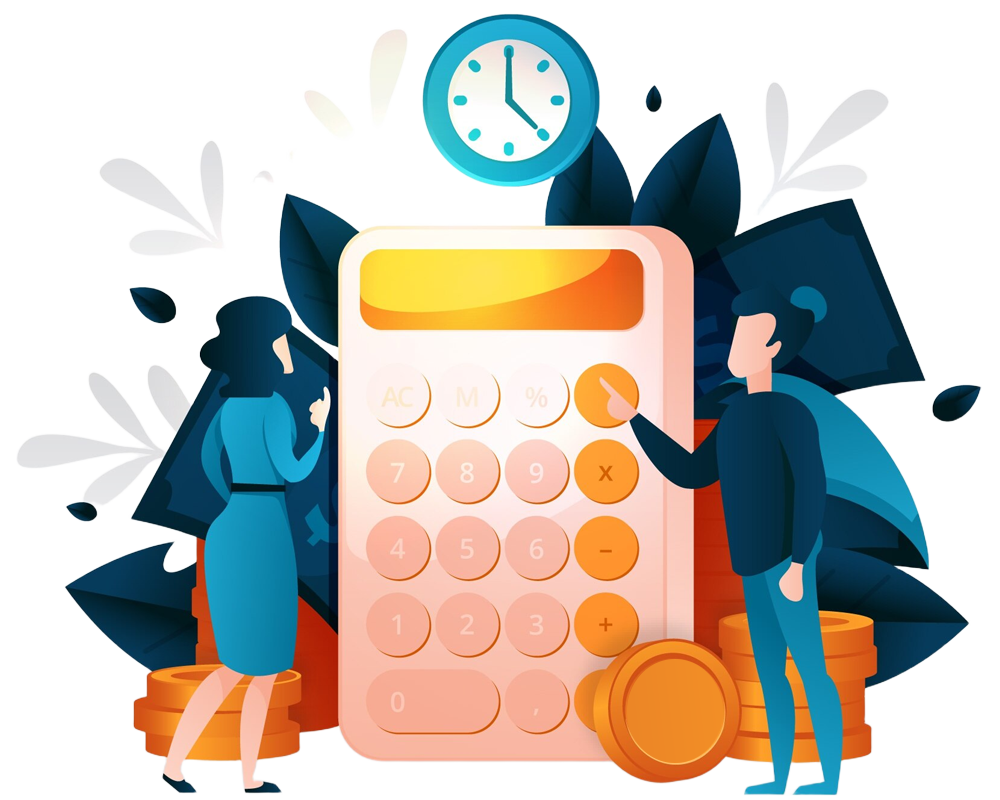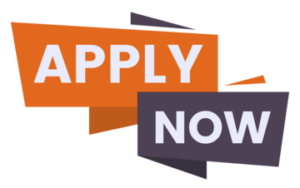This Course Structure is Curated as per the NEP-2020 Guidelines
Course Overview
The Master of Physiotherapy (MPT) – Neurology program at Malla Reddy Vishwavidyapeeth, Hyderabad, is a postgraduate course designed to provide advanced knowledge and skills in physiotherapeutic techniques, clinical management, and research methodologies to enhance patient recovery and mobility.
This program focuses on equipping students with the theoretical knowledge and hands-on skills from the 1st semester itself. The curriculum focuses on advanced manual therapy, exercise physiology, electrotherapy, and specialized practices in fields such as orthopedics, neurology, sports medicine, and cardiopulmonary rehabilitation. Students gain hands-on experience in clinical settings, learning to design and implement personalized treatment plans for diverse patient needs.
Graduates of this program emerge as ‘Senior Physiotherapists’, enabling them to pursue further higher studies & do research in Physiotherapy along with plenty of job opportunities globally.

Course Details
Description: 2 Years Degree Program
No. of Seats: 20
No. of Credits: 80 minimum & as specified
- Eligibility
- Curriculum Structure
- Program Outcomes
- Career Enhancement
- Higher Studies
- Job Roles & Progression
The minimum eligibility is a BPT (Bachelor of Physiotherapy) degree or equivalent with at least 50% aggregate marks from a recognized university.
The MPT curriculum with a Neuro specialization builds upon the general MPT foundation, providing advanced training in physiotherapy techniques, clinical practice, and rehabilitation specifically related to neurological conditions. While the general structure remains, the content within certain subjects will be tailored.
| Semester | Name of the Subject |
| Semester 1 | Advanced Anatomy and Physiology (with emphasis on the nervous system) Biomechanics and Kinesiology (neuro-musculoskeletal interactions) Clinical Evaluation Techniques (neurological assessment tools and methods) Research Methodology Practical: Musculoskeletal and Neurological Assessment |
| Semester 2 | Orthopedic Physiotherapy (relevant to neuro conditions, e.g., post-stroke hemiplegia) Neurological Physiotherapy (core focus): Assessment and management of various neurological conditions (stroke, TBI, SCI, Parkinson’s, MS, etc.) Pediatric Physiotherapy (neurodevelopmental conditions) Cardiorespiratory Physiotherapy (relevant to neuro patients) Practical: Rehabilitation Techniques (neuro-specific techniques like Bobath, PNF, etc.) |
| Semester 3 | Sports and Exercise Therapy (adapted for neurological populations) Geriatric Physiotherapy (neurological conditions in the elderly) Manual Therapy Techniques (neuro-mobilization techniques) Health Promotion and Fitness (for individuals with neurological impairments) Practical: Neuro Rehabilitation |
| Semester 4 | Advanced Physiotherapy in Special Populations (focus on complex neurological cases) Practice Management (considerations for neuro-rehabilitation settings) Thesis/Research Project (likely focusing on a neuro-related topic) Practical: Specialized Clinical Practice (in neurological rehabilitation centers/hospitals) |
- Advanced Neuro-Physiotherapy Techniques: Proficiency in specialized neuro-physiotherapy techniques, including specific manual therapy, exercise prescription, and modalities for neurological conditions (e.g., spasticity management).
- Neurological Clinical Evaluation and Diagnostic Skills: Expertise in assessing and diagnosing a wide range of neurological conditions using standardized assessment tools.
- Rehabilitation for Neurological Populations: Expertise in providing therapeutic care for individuals with various neurological impairments, including stroke, traumatic brain injury, spinal cord injury, Parkinson’s disease, multiple sclerosis, and other neurological disorders.
- Neuro-Developmental Therapy: Knowledge and skills in managing neuro-developmental conditions in children.
- Practice Management (Neuro Focus): Abilities to manage or work within neuro-rehabilitation settings, including understanding specific patient needs and regulatory requirements.
- Research Skills (Neuro Focus): Competency in research methodology, data analysis, and clinical research specifically related to neurological physiotherapy.
- Certification in Neurodevelopmental Therapy
- Certification in Vestibular Rehabilitation
- Certification in Neurological Rehabilitation Techniques
- Specialized certifications related to specific neurological conditions (e.g., Parkinson’s Disease, Stroke Rehabilitation)
- Ph.D. in Neuro Physiotherapy or Neuroscience
- Fellowship in Neurological Rehabilitation
- Postgraduate Diploma in Neuro Rehabilitation or related fields
Duration | Roles and Responsibilities | Salary Range |
0-3 years | Physiotherapist specializing in Neurology, Clinical Neuro-Physiotherapy Specialist | ₹5,00,000 – ₹8,00,000 per annum |
3-5 years | Senior Neuro-Physiotherapist, Specialist in specific neurological conditions (e.g., Stroke, TBI) | ₹8,00,000 – ₹12,00,000 per annum |
5-10 years | Rehabilitation Unit Manager (Neuro Focus), Advanced Neuro-Physiotherapist | ₹12,00,000 – ₹15,00,000 per annum |
10+ years | Director of Neuro-Rehabilitation Services, Chief Neuro-Physiotherapist | ₹15,00,000+ per annum |

Fee Structure Per Academic Year
| Tuition Fee | Miscellaneous Fee | Scholarship | ||
| 200000 ₹ | 15000 ₹ | Above 90% – 40000 ₹ | Between 81-90% – 20000 ₹ | Between 71-80% – 10000 ₹ |



